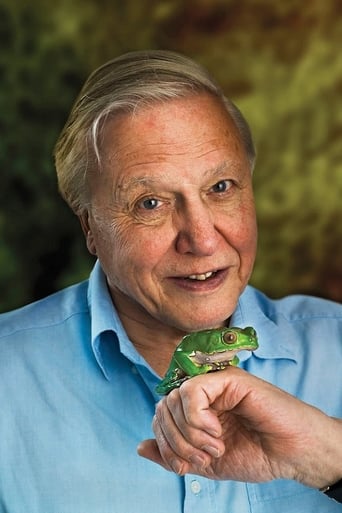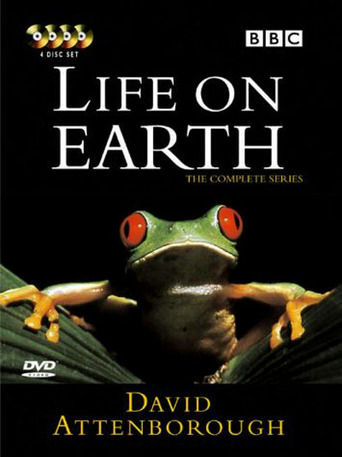
David Attenborough's groundbreaking study of the evolution of life on our planet.
Similar titles
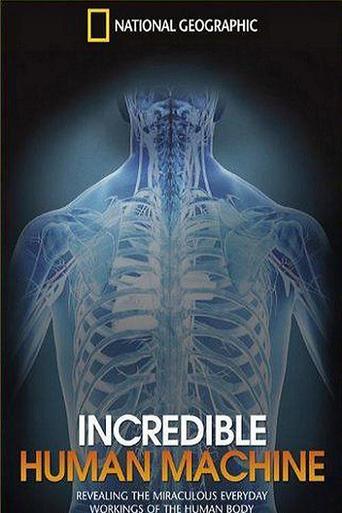

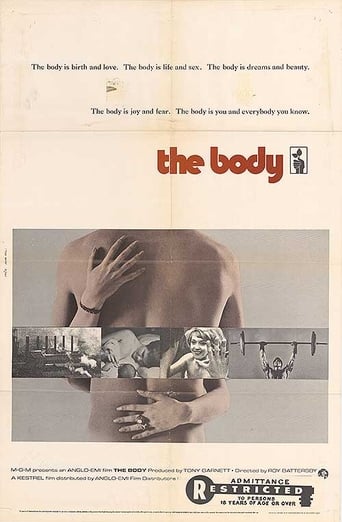
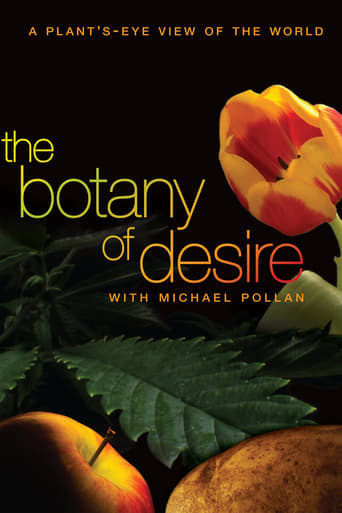
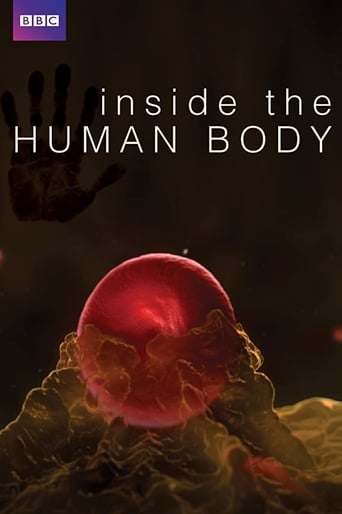
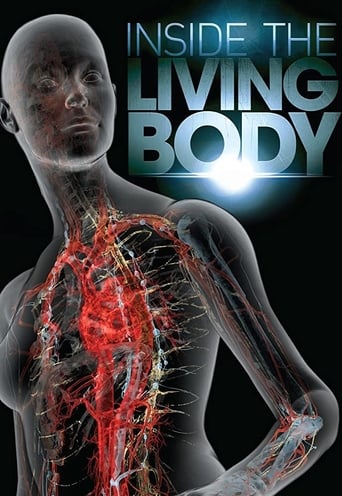
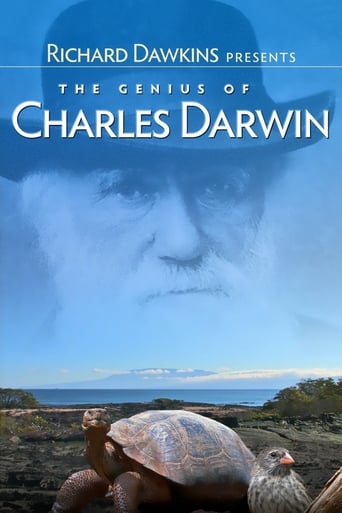
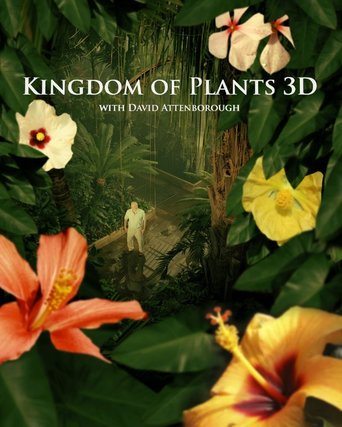
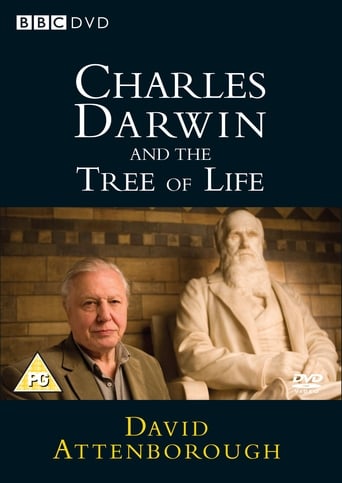
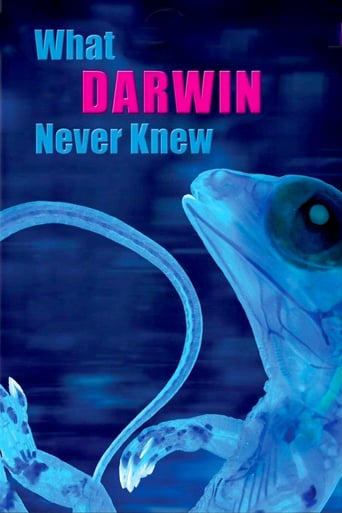
Reviews
Why so much hype?
Lack of good storyline.
A Major Disappointment
Great movie. Not sure what people expected but I found it highly entertaining.
IT'S TRULY UNBELIEVABLE that this series is now over a quarter of a century old. That would just about make it old enough itself to both witness the ongoing phenomenon of evolution and to be carbon date for establishing age. (Well we admit to a bit of good spirited hyperbole and apologize to any of our readers who have trouble with the notion of "Evolution.*) WE CAN WELL recall watching this with our then grade-school aged daughters, Jennifer an Michelle. We tried not to deceive them in any way, but we never told them that such outstanding viewing was also "educational." We just chalked it up to a soft sell and secretive version of Home Schooling.WE NOW SEE that this series gave us a 'Baker's Dozen episodes that covered Life On Earth "from Soup to Nuts", or so to speak. All questions about life today and in the distant past was brought to the forefront for our consideration. All of the best evidence of how things got the way that they did were presented. This was framed in the most beautiful manner with the best in both the colour photography as well as the musical score.ANOTHER INTANGIBLE ELEMENT which added to the end result of the product's effectiveness on the viewing audience was the presence of David Attenborough himself. The great interest and enthusiasm projected by Sir David was both highly contagious and pleasantly infectious to all. The authoritative narration plus the enthusiastic manner in which it is delivered makes this Attenborough verbal dissertation a true equivalence of Carl Sagan's spoken word in his series, THE COSMOS. ONE VERY HAPPY memory that we will always recall and cherish came on the viewing of one of the earliest installments. While lecturing on The Age of Trilobites in the ancient seas, Attenborough posed the question asking what was the closest living relative to the Trilobites I the World today? WELL QUICK AS a flash Jennifer & Michelle's Pop (me) offered the answer as being "the Horseshoe Crab!" Right after, Sir David affirmed the veracity of my answer.MODESTLY I SAID to myself quietly, "Oh Ryan, you've done it again!" NOTE: * As far as one's belief in Creation vs. Evolution., must the two be mutually exclusive? We think not and take the position that the development of the various species indeed are interrelated; but are the result of the Creator (God) putting it all in motion in the beginning. Perhaps the misunderstanding starts with Charles Darwin's THE ORIGIN OF THE SPECIES. Contrary to the popular belief of so many, Darwin was never trying to explain the Origin of Life itself and neither is David Attenborough.
Life on Earth is a comprehensive analysis of Life on this planet, ranging from the beginnings of life to the evolution of Homo sapiens. The individual episodes are chronological in relation to the colonisation and evolution of life generally. So the very first episode starts with the early earth and the environments found upon it, the last being about the great apes, with an emphasis on humans.Life on Earth explains masterfully very complex and important concepts in Biology, going so far as to describe and explain DNA and how evolution changes it. Key concepts like these are explained using certain "case studies", i.e. specific species which are entertaining (and often funny) for the spectators, that inherently pertain to the subject being discussed. So, for example, the evolution of camouflage is analysed using the peppered moth, which changed during the industrial revolution because of the smog which blackened the trees.Attenborough, nowadays, has a legendary reputation as the founder of accurate and entertaining wildlife film-making. And this is where it all started. This series is the base structure of every wildlife documentary ever made in and after the 80's. Attenborough is both a masterful story-teller and modest teacher, skillfully avoiding the two most fatal flaws in presenting, that still goes on today. Firstly, he avoids "telling" the spectators what to think or see as opposed to "showing" it to them, so they can make their own minds up, where many presenters use patronising language or over simplified explanations. And also, Attenborough remains humble throughout the whole process. Presenters today (2012) like Prof. Brian Cox seem pretentious in comparison, often appearing suddenly from behind pillars or speaking meaninglessly with the sun pointing towards the camera. Essentially, they use clever cinematography to waste screen time and "waffle" to use a technical term. Attenborough merely uses his presence as an aid for the audience, even as a guinea pig occasionally.If you haven't seen this documentary and you are often inclined to watch such a program, get the box set now. It will be the best £15 you have ever spent, and you could learn a surprising amount about nature. I know I did.HAIL! Sir David!
I still remember watching the first episode of this series with my Father back in 1979. Wow, that is a long time ago! I was about twelve and sat transfixed to the television. I'd never seen anything like it and it really answered so many questions and inspired others. As mentioned elsewhere it is beautifully shot, using a great score and sound effects. Sir David's (he is now!) delivery, enthusiasm, scripting skills and knowledge shine through.Okay the sound is mono and it is not HD, but that doesn't matter. This really is a classic piece of work, like a Hitchcock. It was the first of it's kind and a must watch for all nature / evolution fans. Years later I went to University and the first episode was used as a teaching aid for year one students on the geology course; it was that good.Viewers that are students, must realise that the science of evolution has moved on and not everything is scientifically correct now. But, that adds another edge to this where you can see how our knowledge has moved on so much. For non scientists though there is much to learn and if you find yourself as visually engaged as I was at age twelve then you can then maybe settle down and work your way through the rest of the Sir David Attenborough classics! Believe me the series is well worth a watch even if you're only slightly interested in nature and evolution.
Sir David Attenborough is best known for his spectacular natural history projects like "Trials of Life", "Life of Plants", "Life in the Freezer" and this one, "Life on Earth", which made him one of the most characteristic and most-loved television personalities in the history of British television. He also has one of the longest careers in television of anyone still on the air today. Joining the BBC in 1952, he first became a producer for the Talks Department, which handled all non-fiction broadcasts. Originally discouraged from appearing on camera because an administrator thought his teeth were too big, he did went on presenting "Zoo Quest", an educational program featuring animals from the London Zoo, which first aired in 1954. From 1965 to 1969 David Attenborough was the main Controller for BBC2, where he was responsible for the introduction of the first television broadcasts in colour in the UK and soon after he also initiated televised snooker. Many might loath him for the latter, but starting with "Life on Earth" he went on to produce a series of natural history documentaries of truly epic proportions. It was the first in a mammoth trilogy, together with "The Living Planet" (1985) and "Trials of Life" (1990). He showed to have a real talent for screen-writing and presenting skills combined with an expert knowledge of natural history. With his irresistible flair and talent for presentation coupled with stunning cinematic images and a beautiful music score, this was a truly groundbreaking series.Whilst having seen the individual episodes on television several times now, for reviewing I prefer the two-hour VHS-version from 1985, at that time a newly re-edited BBC video-release from the original 16 hour series. Watching this version, it plays much more like a feature film. With the featured geological and ecological time-scale, combined with a perfect integration of sound and image, it's as close a documentary - at least a nature documentary - has ever got to achieve something almost purely cinematic in expression. Still active at 80 years old, Attenborough is currently filming for his latest project, "Life in Cold Blood", a series about reptiles and amphibians, due for completion in 2008.For any (aspriring) biology teacher, show this two-hour version to a group of children in class, and you will never have to answer unnecessary questions about evolution and ecology again.Camera Obscura
Top Streaming Movies













